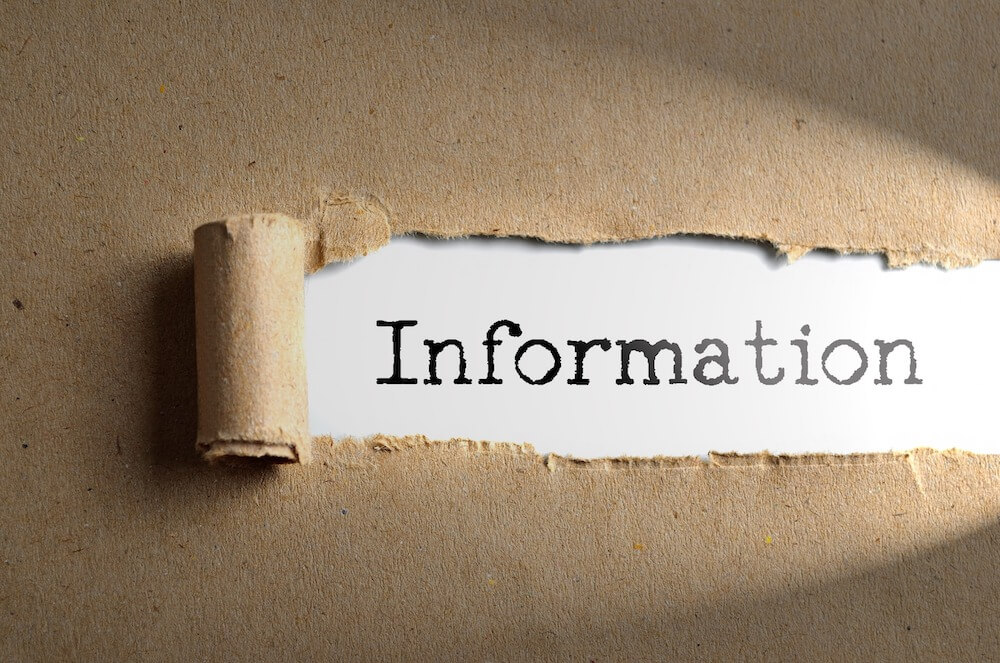ESG Certification Support
Are You Aware of ISO's New Climate Requirements?
Did you know that starting February 2024, your company will need to incorporate climate change risks into its ISO Management Systems Standards? The IAF and ISO have updated these standards in line with the London Declaration on Climate Action. While the core requirements remain unchanged, it’s essential to assess how these new climate-related expectations will impact your current management practices. Is your organization ready to adapt?
Learn more from the official website:



ESG Certification Support
01
ESG Rating (MSCI, Ecovadis, LEED)
02
Comply to sustainability related ISOs
More and more ISO standards committed to action on climate change
Did you know that ISO 9001 Quality Management now includes climate change considerations? (LINK)
At IGS, we specialize in Environmental ISOs and have the expertise to ensure compliance. We assist businesses in navigating both established and emerging ISOs related to ESG, crucial in today’s evolving climate disclosure landscape. Gain clarity on regulatory requirements and explore how our customized solutions can enhance your company’s sustainability efforts.

Climate change requirement in Management System Standards (ISOs)
The additional climate change requirements are as follows:
4.1 Understanding the organization and its context.
The organization shall determine external and internal issues that are relevant to its purpose and that affect its ability to achieve the intended result(s) of its quality management system.
Added: The organization shall determine whether climate change is a relevant issue.
4.2 Understanding the needs and expectations of interested parties.
The organization shall determine:
- the interested parties that are relevant to the quality management system.
- the relevant requirements of these interested parties.
- which of these requirements will be addressed through the quality management system.
Added: NOTE: Relevant interested parties can have requirements related to climate change

What actions are required?
Start by reviewing the new text additions to the relevant ISO standards and assessing your management systems to identify whether climate change impacts should be incorporated. Certified organizations must determine if climate change is a relevant issue and, if so, integrate it into their risk assessments, objectives, and mitigation activities accordingly.
The examples of management system standards affected are:
- ISO 22301:2019 Security and resilience
- ISO 37301:2021 Compliance management systems
- ISO/IEC 27001:2022 Information security management systems
- ISO 50001:2018 Energy management systems
- ISO/IEC 20000-1:2018 Information technology
- ISO 37001:2016 Anti-bribery management systems
- ISO 44001:2017 Collaborative business relationship
- ISO 14001:2015 Environmental management systems
- ISO 22000:2018 Food safety management systems
- ISO 45001:2018 Occupational health and safety management systems
- ISO 9001:2015 Quality management systems
How can you meet the climate change requirements?
The ISO and IAF have introduced climate change requirements for management systems, but there is no rigid or specific template for implementing these updates. This flexibility allows organizations to develop their own approach based on their unique circumstances.
While there are no detailed guidelines from ISO or the International Accreditation Forum (IAF) on how to execute these climate change-related updates, this flexibility enables organizations to tailor their responses.

Here is our suggested approach to effectively address these requirements:
Our Approach
We recommend a straightforward approach to meeting climate change requirements, beginning by incorporating climate change into your internal and external issue lists, such as your SWOT analysis, or utilizing a Materiality Assessment with a Climate Change Focus.
Begin by evaluating whether climate change presents a risk or opportunity for your organization. Identify any climate-related expectations from internal and external stakeholders, such as suppliers or investors. Update your interested parties list accordingly and assess how these expectations might impact your business.
If climate change is identified as relevant, the next step is to develop and implement climate-related policies and actions. This involves developing internal policies that reflect organization’s commitment to addressing climate change. Considering initiatives such as energy efficiency programs, CO2 reductions, green procurement practices, or sustainability-focused employee training.
By embedding these actions into your management systems, you ensure that your organization remains proactive and resilient in tackling climate change while effectively fulfilling the new climate change requirements introduced by ISO.
-
Review and Assess Relevance of Climate Change
1. Assess the current management system to check if climate change is within scope.
2. Evaluate whether climate change is an issue for your organization (risk or opportunity). -
Stakeholder concern Survey
1. Identify climate-related expectations from stakeholders (e.g., suppliers, investors, employees).
-
Conduct Climate Change Assessment
1. Add climate change considerations to internal/external issue lists like SWOT analysis.
2. Use a Materiality assessment tool with a Climate Change Focus -
Develop Climate-Related Policies
1. Develop commitment to address climate change.
2. Create and implement internal policies and action plans (short & long) related to climate change. Example: a. short-term: reducing energy consumption, b. long-term: transitioning to renewable energy sources. -
Embed Actions into Management Systems
1. Integrate these climate-related actions into the organization’s management systems, ensuring ongoing tracking, monitoring, and comparisons of results before and after implementation.
What are the standards supporting ESG?
ENVIRONMENT
- ISO14001 Environment management
- ISO14064 GHG management
- ISO50001 Energy management
- ISO46001 Water management
- ISO14067 Product carbon footprint
- ISO14078 Carbon Neutrality
- BS 8001 Circular Economy
- ISO14090 Climate change Adaptation
- LEED Green Building
SOCIAL
- ISO26000 Social Responsibility
- BS76000 Valuing People
- PAS1948 Diversity, Equity, & Inclusion
- ISO10018 Employee engagement
- ISO45001 Occupational Health and Safety
- ISO20400 Sustainable Procurement
GOVERNANCE
- SO37000 Organizational Governance
- ISO22316 Organization Resillience
- ISO27001 Information Security
- ISO37001 Anti Bribery Management
- ISO31000 Risk Management
- ISO9001 Quality Management with climate change adoption





